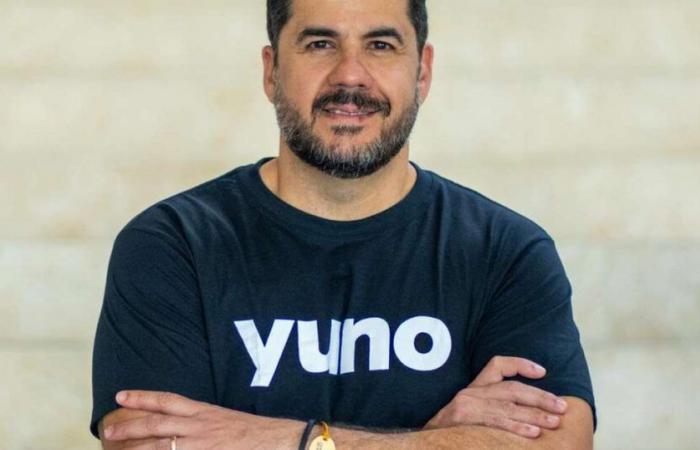Summary
Pix becomes the leader in the Brazilian payments market and companies need to adapt to offer this option to customers.
Walter Campos, general manager of Yuno
Photo: Walter Campos, general manager of Yuno
Practically synonymous with commercial transactions, since the term “make a Pix” is already rooted in popular jargon, this payment option represents an important share of the Brazilian market. Belonging to the so-called “A2A methods” (account to account, translated into Portuguese), the category is a real trend in Brazil and Latin America, with the study The Global Payments Report 2024 pointing out that, by 2027, 50% of the payment sector National payments will be covered by it. In this way, companies, especially those in e-commerce, face the challenge of adapting their platforms to have it.
Terra Gestão de Vendas: complete management of your business on a single platform for R$ 19.90/month
To give you an idea, the E-commerce Trends 2025 study points to Pix as a favorite for 87% of e-commerce users. Furthermore, a survey by Confi.Neotrust shows that the payment method generated around R$32 billion in the segment in 2023.
“If we look at it, the history of commercial transactions in Brazil and Latin America is marked by digitalization and the adoption of increasingly digital options. This is so true that one of the most traditional methods of acquiring something, cash, is becoming scarce. Data from the Central Bank shows that the circulation of paper money fell by 8% in the three years of Pix's existence”, explains Walter Campos, general manager of Yuno, a global payments orchestrator.
In this way, retailers who do not make Pix available to their users run the risk of losing sales and being left behind, seeing customers go to competitors. Recently, a study by Opinion Box found that 78% of e-commerce consumers tend to abandon their online carts. Of this total, 13% claim they were unable to complete their purchases due to the lack of their favorite payment method.
“With the digital revolution we are seeing, not adapting to new needs generates a lot of losses and lost revenue. The Global Payment 2024 study points out that the most used options in Brazil are credit cards, which currently represent 26% of the sector, and Pix, with 29%. Therefore, it is practically mandatory for retailers to have them at their checkout”, points out Walter Campos.
However, even with Pix's success, the executive recommends that retailers maintain as many payment methods as possible on their platform, as this is a way to reach a larger group of consumers.
“It is a mistake to think that the checkout should only have the most popular option. This is because people choose the way to pay according to their needs. For example, someone who usually pays for their products in installments tends to choose a credit card, as do those who opt for digital wallets because they can be accessed even through smartwatches”, recommends Walter Campos.
Therefore, to have a complete checkout that pleases all types of customers, the professional recommends that online retailers adopt solutions such as payment orchestration, a technology in which, through a click, the retailer can enable the options that you want more without bureaucracy.
“While in the traditional way, negotiating method by method, it takes more or less 52 weeks to integrate everything, with this technology the resolution takes between 2 and 6 weeks. Furthermore, management is simpler, as the information is all on a single screen”, points out Walter.
The professional also draws attention to other advantages of payment orchestration. “The technology offers better approval rates, as the purchase goes through different providers. So, if the acquisition is refused in one of them, the system redirects to another path, preferably with lower fees, which increases the chances of success and generates cost savings. Furthermore, by working with the best anti-fraud companies on the market, they make e-commerce safer in relation to the most common scams”, concludes Walter Campos.
Homework inspires transformation in the world of work, in business, in society. It is the creation of Compasso, a content and connection agency.
France






